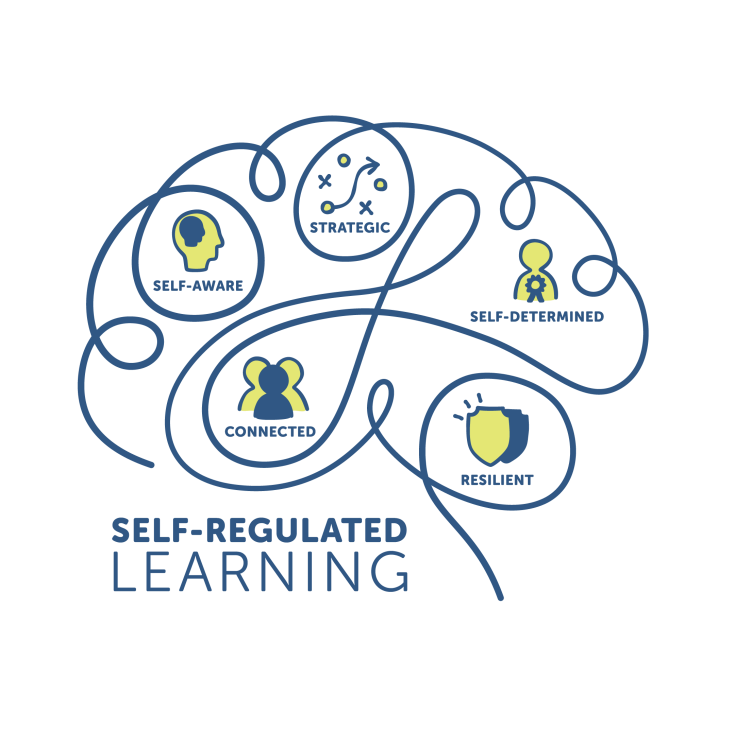Guide to Emotional Intelligence: Nurturing Personal Growth
Introduction:
Emotional intelligence, often referred to as EQ, plays a crucial role in personal and professional success. It encompasses the ability to recognize, understand, and manage our emotions and the emotions of others. By nurturing emotional intelligence, individuals can enhance their relationships, communication skills, and overall well-being. In this comprehensive guide, we will explore the importance of emotional intelligence and provide practical strategies to foster personal growth.
- Understanding Emotional Intelligence:
Emotional intelligence refers to the capacity to identify, understand, and manage emotions effectively. It involves self-awareness, self-regulation, empathy, and social skills. Recognizing the impact of emotions on our behavior and relationships is the first step toward nurturing emotional intelligence. - Cultivating Self-Awareness:
Self-awareness is the foundation of emotional intelligence. Take time for self-reflection and introspection. Understand your emotions, triggers, and patterns of behavior. Recognize your strengths and areas for growth. By understanding yourself better, you can make informed decisions, manage your emotions, and respond to situations in a more balanced manner. - Developing Self-Regulation:
Self-regulation involves managing and controlling our emotions in various situations. Practice emotional self-control by pausing before reacting to challenging situations. Learn to manage stress, cope with negative emotions, and regulate impulsive behavior. Engage in relaxation techniques, such as deep breathing or meditation, to foster inner calmness and self-control.
- Enhancing Empathy:
Empathy involves understanding and sharing the feelings of others. Cultivate empathy by actively listening to others, seeking to understand their perspectives, and validating their emotions. Put yourself in their shoes and practice non-judgmental acceptance. Empathy strengthens relationships, fosters effective communication, and promotes a sense of connection. - Improving Social Skills:
Social skills are essential for building and maintaining relationships. Enhance your social skills by developing effective communication, active listening, and conflict resolution techniques. Practice assertiveness, express yourself clearly, and respect the boundaries of others. Building strong social connections and fostering positive interactions contribute to personal growth and emotional intelligence. - Practicing Emotional Awareness:
Pay attention to your emotions and learn to identify and label them accurately. Understand the underlying causes of your emotions and how they influence your thoughts and actions. Regularly check in with yourself throughout the day to monitor your emotional state. This practice enhances self-awareness and helps you respond consciously rather than reactively.
- Cultivating Emotional Resilience:
Emotional resilience is the ability to bounce back from setbacks and overcome challenges. Develop resilience by reframing negative situations, focusing on solutions rather than dwelling on problems, and seeking support when needed. Cultivate a growth mindset that embraces learning and sees failures as opportunities for growth. - Practicing Mindfulness:
Mindfulness is the practice of being fully present in the moment, without judgment. Incorporate mindfulness techniques into your daily routine to increase self-awareness and emotional intelligence. Engage in activities such as meditation, mindful breathing, or mindful walking. Mindfulness helps you stay grounded, reduce stress, and enhance emotional well-being. - Seeking Feedback and Continuous Learning:
Seek feedback from trusted individuals to gain insights into your emotional intelligence development. Be open to constructive criticism and use it as an opportunity for growth. Actively seek out resources, books, and workshops on emotional intelligence to deepen your understanding and refine your skills. Embrace continuous learning as a lifelong journey. - Applying Emotional Intelligence in Daily Life:
Apply your emotional intelligence skills in various aspects of your life. Practice effective communication, active listening, empathy, and emotional regulation in your personal relationships, workplace interactions, and everyday encounters. By applying emotional intelligence consistently, you will nurture personal growth and improve the quality of your relationships and overall well-being.
Conclusion:
Cultivating emotional intelligence is a transformative journey that leads to personal growth and enhanced relationships. By understanding emotional intelligence, developing self-awareness, practicing self-regulation, enhancing empathy, improving social skills, practicing emotional awareness, cultivating emotional resilience, practicing mindfulness, seeking feedback, and applying emotional intelligence in daily life, you can nurture personal growth and create a more fulfilling and emotionally intelligent life. Embrace the process, be patient with yourself, and celebrate the progress you make along the way.

